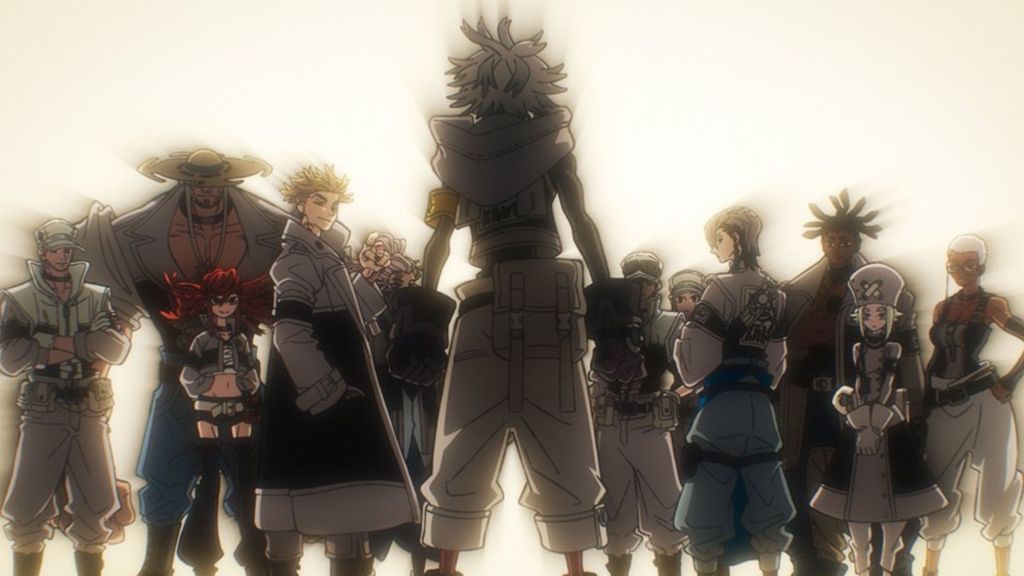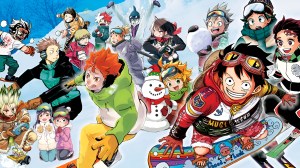The newest Shonen anime, Gachiakuta, currently airing on the giant streaming platform Crunchyroll, has been proving itself to be a standout since its debut. However, the series’ latest situation presented the perfect opportunity for it to truly distinguish itself, but the anime didn’t commit to that trajectory and instead folded into a classic shonen trope. For a shonen series, Gachiakuta has been notably dark, and while that added freshness to the story, it was Rudo himself who stood out as a genuinely different kind of protagonist. Unlike most shonen leads who carry traditional grand ambitions, Rudo immediately set himself apart with a personal goal, seeking revenge on those who wronged him.
Videos by ComicBook.com
Additional traits reinforced his uniqueness, especially the moment when Rudo didn’t hesitate to ruthlessly beat an unarmed girl. This framed him as a classically revenge-driven character, something new for the shonen genre. These exceptional traits set the stage for him to break yet another foundational trope often seen in shonen stories. With Rudo’s villain-like characteristics, it seemed that Gachiakuta would avoid the typical trope of the protagonist prioritizing their friends over their personal goal. However, the narrative ultimately folded there as well, molding Rudo into that classic pattern.
Newest Shonen Series on Crunchyroll Succumbs to a Classic Shonen Trope After Coming So Far

Shonen series often feature main heroes whose resolve to achieve their goals is unwavering. While they push their limits and would do anything to reach their ambitions, they rarely stray down a dark path or abandon their friends. This classic trope has a strong foundation, and while it works most of the time, Gachiakuta initially designed its protagonist differently. Rudo’s main goal is revenge, and it has previously driven him to lengths uncharacteristic of a shonen hero. Therefore, when the villains, the Raiders, offered him the chance to go to the Sphere, a place where he could finally exact his revenge, Rudo’s established characterization suggested that he would join them, even if it meant abandoning his friends.
This narrative direction would have placed Rudo on a truly different level compared to other shonen protagonists. However, Rudo refuses to join the villains, even acknowledging that doing so would help him achieve his revenge, and instead declares that he won’t abandon the friends he has come to see as family. While there is nothing inherently wrong with Rudo being molded into this classic motivational structure of the shonen genre, it does break the very foundation the series had built around him.
Rudo’s story is rooted in revenge, and in a classic revenge narrative, the main character often goes to extreme lengths, Ellie from The Last of Us Part II being a notable example. Such stories highlight how revenge is a destructive cycle that harms those closest to the protagonist. But Gachiakuta fails to build this notion, as Rudo hasn’t suffered any significant loss on his path of revenge. More importantly, by avoiding a deeper exploration of Rudo’s darker side, the series misses the chance to truly stand out as a new-generation shonen with a revenge-driven protagonist unafraid to break the genre’s mold.
What do you think? Leave a comment below and join the conversation now in the ComicBook Forum!









